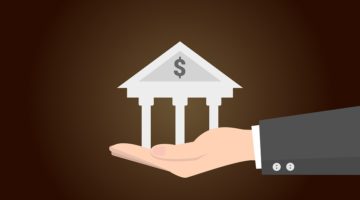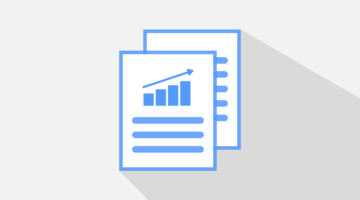Scam-artists are trying to cheat Iowans caught up in the nationwide foreclosure crisis. Mortgage foreclosure “rescue” schemes ask you to pay thousands of dollars up-front for so-called assistance or “rescue” from foreclosure. But, they just take your money and do little or nothing to help. The scam puts you in a deeper financial hole, does nothing to save your home and diverts you from getting real help. The Iowa Attorney General’s Office has received scores of complaints from families connedRead more
Credit Repair Scams
Late night television and the Internet is full of advertisements for companies promising to remove: bankruptcies judgments negative information from credit reports. Sometimes they even offer to help you create an entirely new credit identity. These promotions need to be approached cautiously though. In truth, no one can remove negative information from your credit report if it’s accurate. And some of the tactics suggested by credit repair companies are illegal or ineffective. Like applying for an Employer Identification Number underRead more
Student Loan Deferrments
Deferring payment on student loans is necessary when circumstances prevent a borrower from staying current on payments. There are many types of deferments available depending on the kind of student loan and the situation. For instance, deferments on private loans are completely discretionary to the lender. If a private lender wants to grant or deny a deferment they can, without consequences. But the lenders may also charge a borrower for seeking a deferment, For example, Sallie Mae often charges $150 forRead more
Sheriff Sales
According to the latest reports, over 4000 Iowans who have a Fannie Mae or Freddie Mac mortgage loan are delinquent in their payments. The number of delinquent borrowers is even higher when you include non Fannie or Freddie loans. What is a sheriff sale? A sheriff’s sale is the final step to getting out from under a home they can’t afford. Many people are deciding to walk away from mortgages that now far exceed the value of their home and theirRead more
Debtors’ Prison
The practice of putting people in prison for not paying their debts ended in the United States more than a century ago. What is a debtor’s prison? Some state constitutions include provisions banning these “debtors’ prisons.” But some creditors are increasingly using a little known tactic that, to the people they target, feels a lot like being sent to jail for not paying their debts. In Iowa, as in many states, a creditor who gets a judgment against a debtorRead more
Eleven Reasons to Choose Filing Chapter 13
11 Reasons for Chapter 13 Catch up on back mortgage payments at 0% interest. Catch up on car loan payments and repay vehicles loans at low interest rates. “Cram down” the loan on a vehicle or other property purchased more than two and 1/2 years ago to its fair market value. Recover recently repossessed vehicles and repay the loan at low interest rates over time. Strip off your underwater 2nd or 3rd mortgages. Discharge property settlement obligations from a divorceRead more
Judge Sanctions Credit Union
One of my Chapter 13 clients came to me with complaints that a credit union listed in his bankruptcy as a creditor was sending him letters demanding payment of a debt already being paid through his Chapter 13 plan. The credit union certainly knew of the bankruptcy because it had filed a proof of claim and had received monthly payments from the trustee for over three years. We advised the client to wait until the credit union had sent multipleRead more
Telephone Consumer Protection Act
The Telephone Consumer Protection Act (TCPA) prohibits debt collectors from calling a cell phone number using an automatic telephone dialing system without the debtor’s prior express consent. Automatic telephone dialing systems include “predictive dialers” and any equipment that has the capacity to store or produce telephone numbers using a random or sequential number generator and to dial the numbers automatically. You can often recognize calls made with these systems because of the brief delay between when the call is answeredRead more
Discharging Student Loans in Bankruptcy
Increasingly, one of the most common questions we’re asked is whether you can discharge student loans in bankruptcy. Until 1998 student loan debtors were able to discharge some loans if they were old enough. But in 1998 Congress changed the law to make it harder to for student loan debtors to get relief. Restrictions on the discharge of student loans were first applied just to federal loans but in 2005 they were extended to private loans as well. This hasRead more
Student Loan Debt Collector Misleading Debtors
Although the ability to discharge student loans in bankruptcy is limited, it’s not completely impossible. So a debt collector who told a debtor that her student loan debts couldn’t be discharged in bankruptcy violated the federal Fair Debt Collection Practices Act, according to 2nd Circuit Court of Appeals. Since the ability to discharge student loans is very dependent on the facts of each case, the debt collector’s blanket statement to the debtor was misleading and deceptive. An unsophisticated debtor mightRead more










